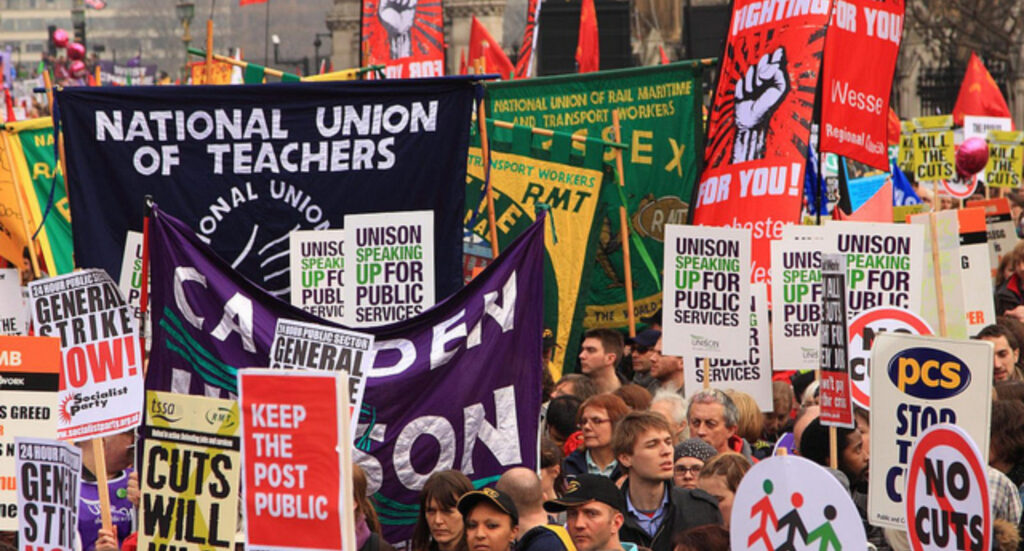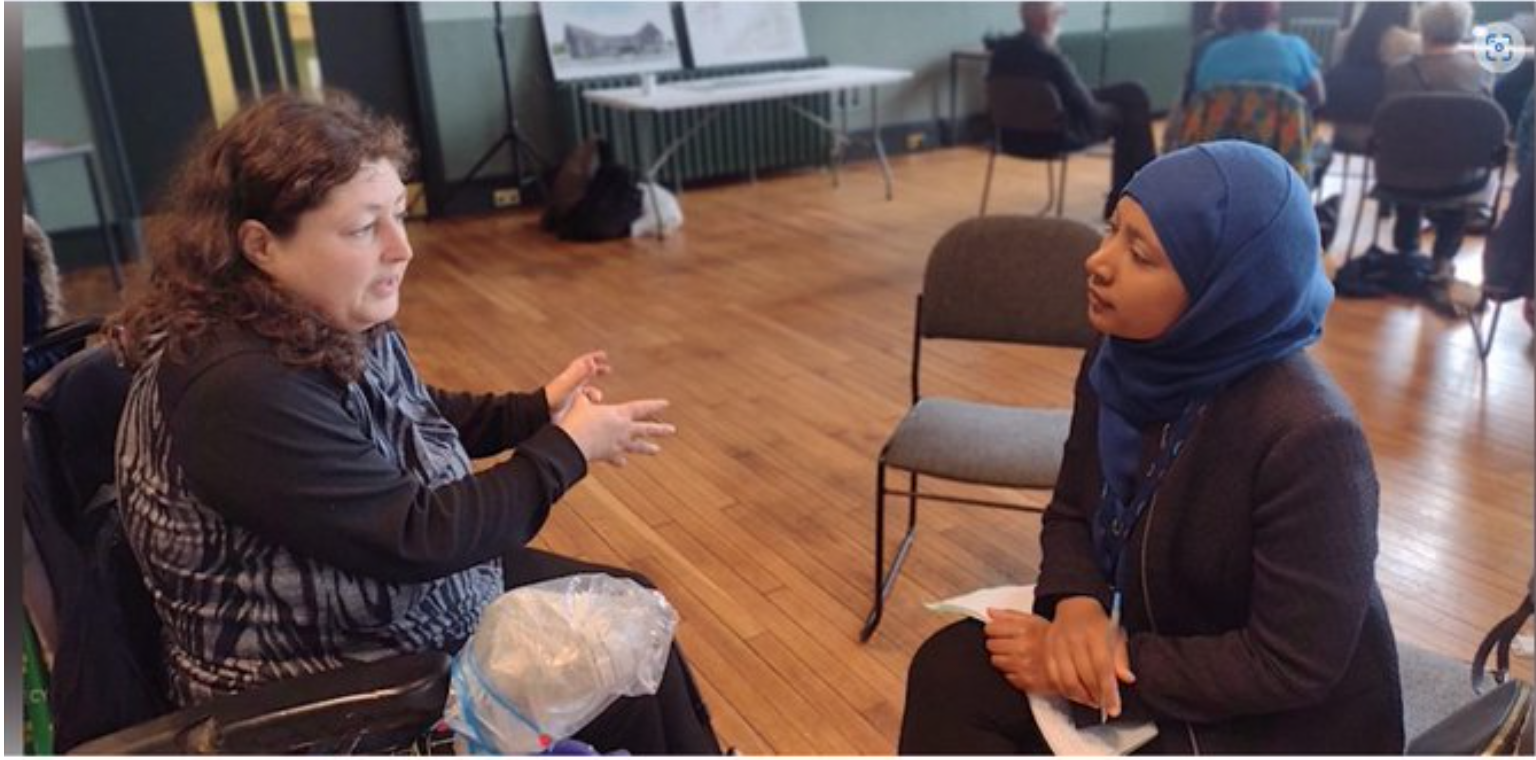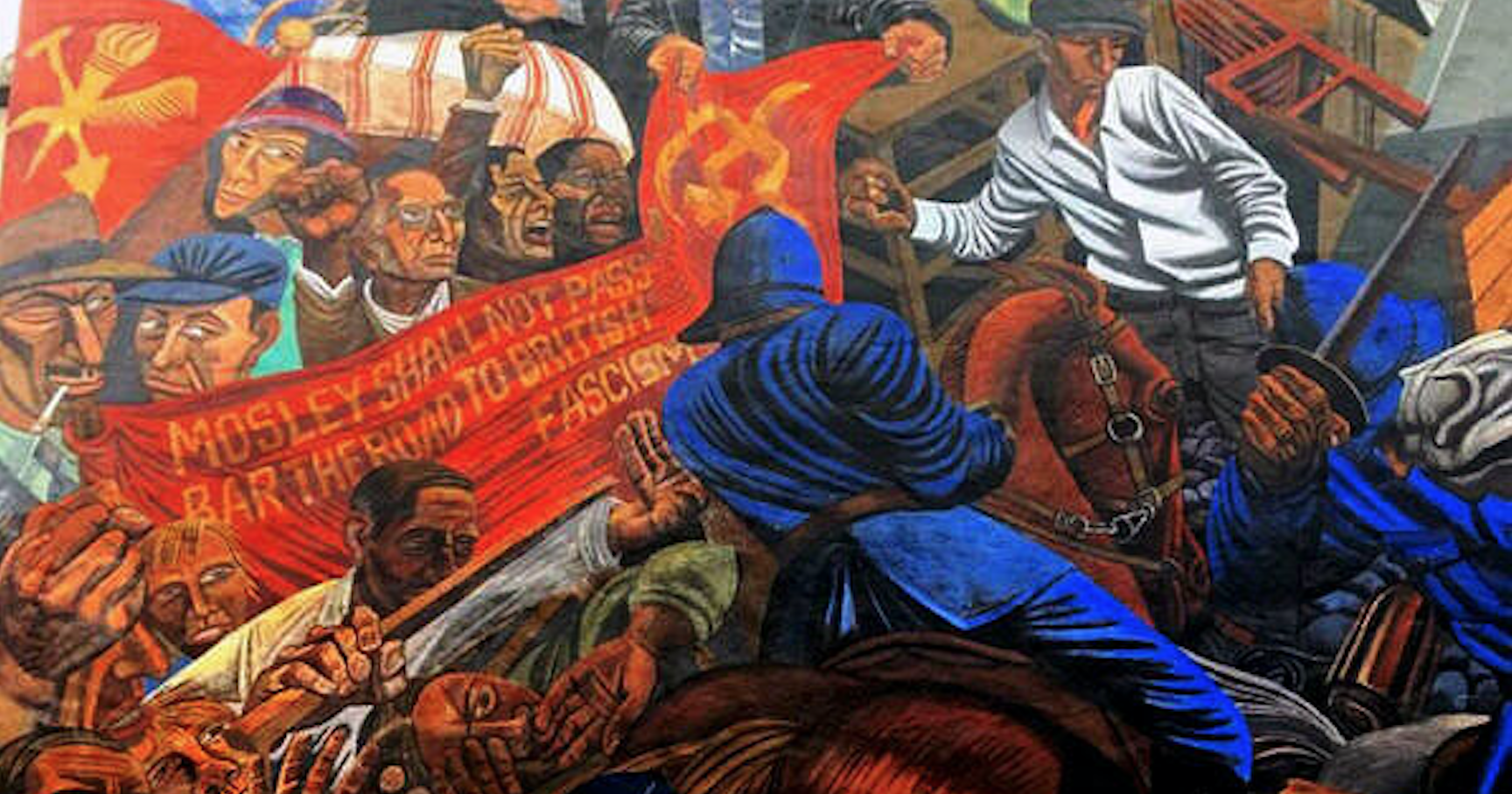By Vik Chechi-Ribeiro (@VikCR86)
This week there was a surge was reported in the number of UK children registering for free school meals, with an estimated 1 million pupils recently signing up for the first time. At the same time research from the housing charity Shelter estimates 230,000 people (12,000 in Greater Manchester) have fallen into rent arrears since the start of the pandemic and face evictions and destitution. This impending crisis is now immediate with the eviction ban lifted and furloughed workers face paying 100% rent with 66% of income.
A clear link exists between housing and poverty on one hand and the exploitation in the housing market on the other. This is reflective of the wider class oppression intrinsic in our economic system. What does this mean for workers, exploited by both landlords and bosses? Workers in the Manchester district of the National Education Union (NEU) have spent the last two months attempting to bring together individual parts of our movement to answer that question.
Our education worker members will be renters, paying increasing amounts of income to pay the mortgages of landlords, forced out of city centres and spending increasing amount of times commuting to schools they cannot afford to live near.
Our students will be the same members of the community facing evictions this winter and displaced during a pandemic that has disproportionately impacted working class and black communities. Others live in cramped and temporary accommodation, precarious housing, all in areas that face demolition and gentrification. All of these are key factors in educational outcomes, where the poorest end up two years behind the wealthiest at the end of secondary school. The fight for housing is the fight for working class health, education and power. How can trade unionists play a role in uniting the workplace and community? And win for workers in education and the community whilst agitating for both a socialist education and housing system?
Manchester National Education Union is a district of 4,500 workers covering every community in the city. Inside those schools are educators who face every day the impact of austerity through cuts in education budgets, increased class sizes, an explosion in food bank use and cuts in youth provision. This has resulted in a degree of worker politicisation that with trade union activity and political education can develop into ‘whole worker organising’.
The concept — ‘whole worker organising’ — develops a workers political consciousness beyond the four walls of their workplace, out into the community. Education workers should organise and win on issues such as workload and pay, but also do the same on community issues such as housing. This will bring into the trade union wider layers of politicised rank and file workers passionate about developing community working class power.
This will in turn build our movement to abolish neoliberal reforms such as performance related pay, league tables, high stakes testing and Ofsted. And in the long term strengthen demands for a working class education system capable of developing critical thinking skills, decolonised curriculum and radicalism needed to transform society.
As we know sites of struggle exist not only in the workplace but also in the community. Trade unions acknowledging this political reality. 'Bargaining for the common good’ sees unions work with community partners to tackle inequality collectively at its capitalist roots, rather than simply acting in a parochial and reactive manner. As a district we negotiate with the council on school issues, so why not place political pressure from grassroots members and the community on those same councillors to act against the gentrification that is devastating our class?
So what can be done? Our district passed a ‘tenant solidarity’ motion, a first of its kind nationally, with a mandate to encourage members to join tenant unions and support their political aims for rent cancellation and abolition of no-fault evictions. What was striking in the district meeting debating this motion was the large number of young politicised workers participating for their first time - inspired by the radical democratic and socialist potential of trade union structures and a model for our movement in desperate need of rank and file invigoration.
What has followed is the exciting prospect of collaborative work between trade and tenant unions to politicise and develop the organising capacity of our individual groups and the wider movement. This has included jointly planning a ‘housing and education’ political education event on eviction resistance, the finanicalisation of housing and why trade unionists must develop their own community organising capacity.
Our district is also delivering ‘strike school’ training for its workplace reps covering structured organising conversations, mapping workplace and communities, structure tests, big bargaining (including rank and file members in organising and decision making) and whole worker organising. This aims to develop the capacity of workplaces to leverage its ultimate tool which is the withdrawal of labour. We have extended our training offer to tenant unions in the city in order to develop our reps understanding of community organising whilst mutually developing the organising capacity and methods of our community partners.
A well organised and political trade union furthering the aims of tenant unions is mutually beneficial to our movement. And since passing the motion our district has been supporting NEU comrades in Bristol and Cambridge which are cities with strong tenant unions to explore similar collaborative activity. Taking abstract concepts of ‘workplace and community organising’ into concrete building of class power across the country.
But how does collaborative political education and organiser training develop into political articulation, demands and victory? Our hope is normalising and successful joint working will organically develop into coalition building with enough organising strength to develop radical political demands to our employers, landlords and council that cannot be resisted.
Our district’s goal is political organisation such as a housing campaign led by renters in struggle and partnered by trade unions. This is where developing the coordinating ability, organising capacity and rank and file profile of Manchester Trades Council is crucial. The potential of the Trades Council to develop into a genuine radical workers council rests on rank and file organisers active in individual movements to build informal networks, share and develop organising methods, build commonality in struggle and encourage affiliation and participation in the Trades Council.
A working class housing campaign that educates, agitates, organises across our movement and is oppositional to landlords, bosses and council that represents exploitative and rentier class interests Is precisely what this moment demands. Our district has therefore tabled a motion to Manchester Trades Council in order to explore building such a campaign. This would be led by community affiliate tenant groups who would shape its demands and be partnered by trade unions. Both groups organising the same workers and our class.
The general election highlighted our institutional weaknesses in the workplace and community. We cannot build socialism and worker power without organising and building bonds of solidarity to meet the challenges faced in a period marked by crisis. If it’s not organisers across the city active in our individual movements, then who? And if it’s not now, then when?
Vik Chechi-Ribeiro is the Vice-President of the Manchester National Education Union.
14 October 2020





